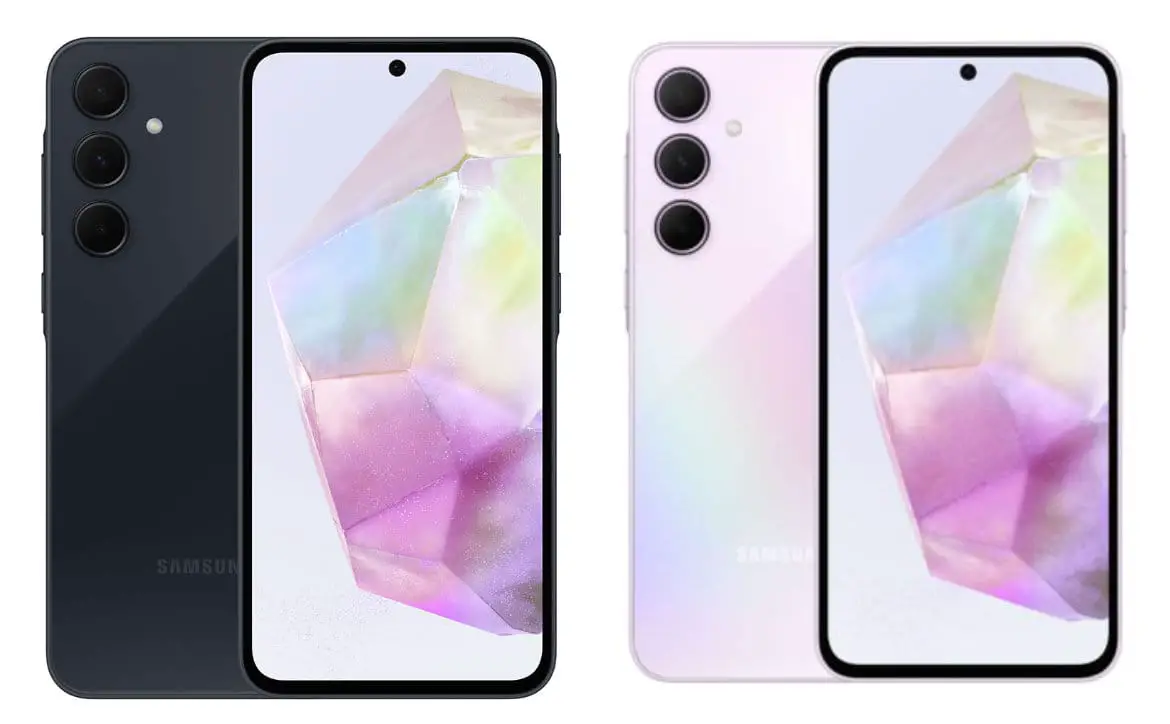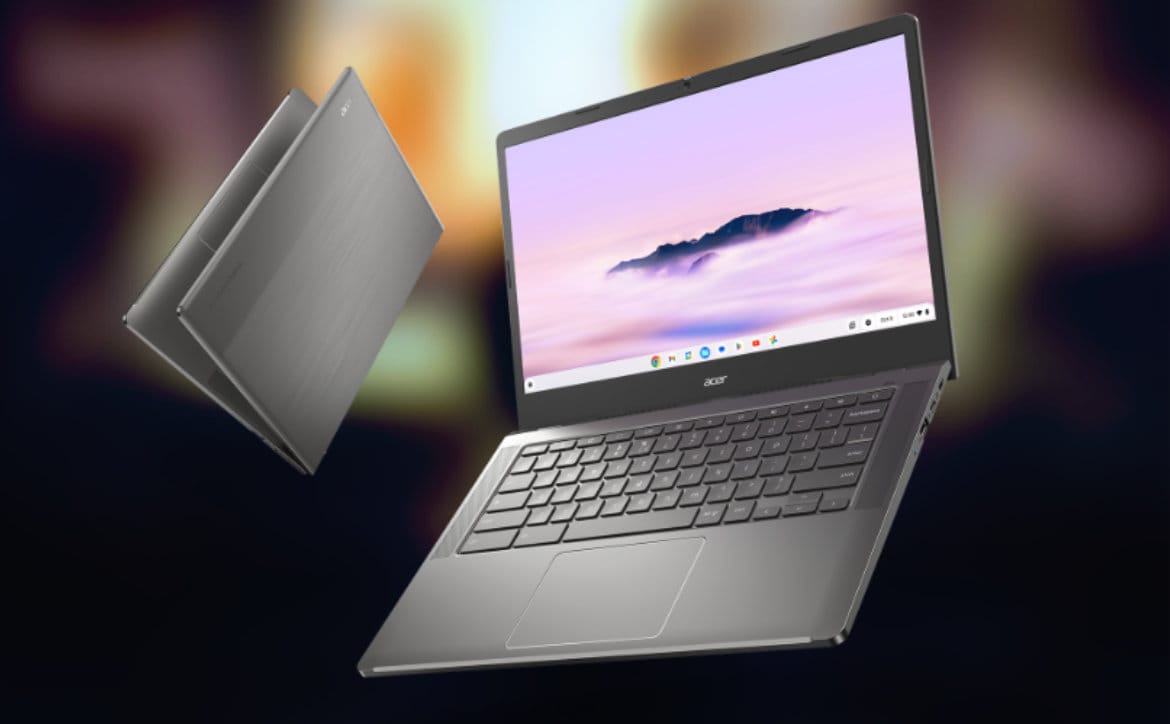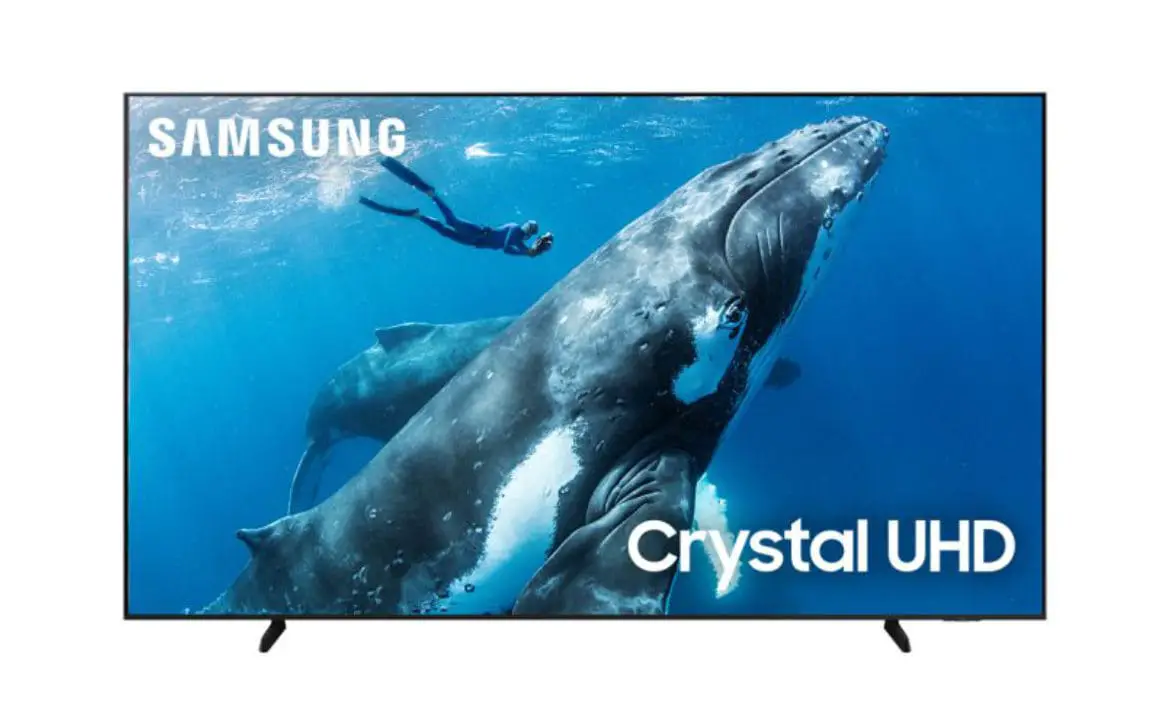First let’s get one thing out of the way, Middle Earth: Shadow of Mordor is an awesome game from Warner Bros. (not a paid endorsement). That being said, it seems Warner Bros. paid several YouTube stars like PewDiePie thousands of dollars for positive reviews of the game. That itself isn’t the part the Federal Trade Commission took issue with. The problem came when Warner Bros. and PewDiePie did not disclose that money had changed hands for those reviews. The FTC launched an investigation into the matter and Warner Bros. had decided to take its licks and settle the suit.
The deal Warner Bros. made with PewDiePie and other YouTube stars stated the reviewers would post at least one social media post about the game. In addition the review couldn’t show the game in a negative light nor could it show Warner Bros. in a negative light. The reviewers were not to express any negative opinion of the game or Warner Bros, and they were to initiate a “call to action” encouraging their viewers to download the game.
Under the terms of the agreement, Warner Bros. is banned from failing to disclose similar deals in the future, and cannot pretend that sponsored videos and articles are actually the work of independent producers. “Consumers have the right to know if reviewers are providing their own opinions or paid sales pitches,” director of the FTC’s Bureau of Consumer Protection Jessica Rich said in a statement. “Companies like Warner Brothers need to be straight with consumers in their online ad campaigns.”
This is certainly a blackeye for Warner Bros., PewDiePie, and other big YouTube stars though I imagine the controversy will be short lived. What do you think of Warner Bros. settling the FTC suit? Do you play Middle Earth: Shadow of Mordor? Let us know in the comments below or on Twitter, Facebook and Google+.
[button link=”http://www.theverge.com/2016/7/12/12157310/pewdiepie-youtubers-sponsored-videos-ftc-warner-bros” icon=”fa-external-link” side=”left” target=”blank” color=”285b5e” textcolor=”ffffff”]Source: The Verge[/button]Last Updated on January 23, 2017.










